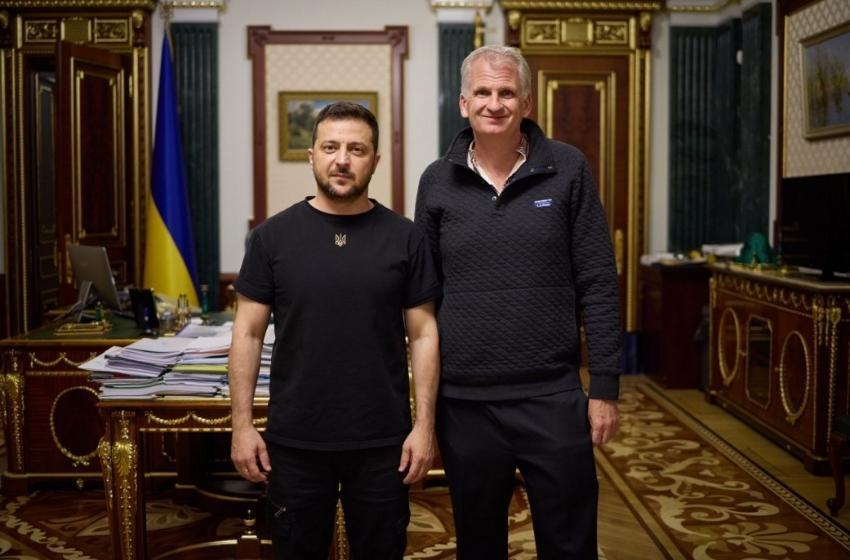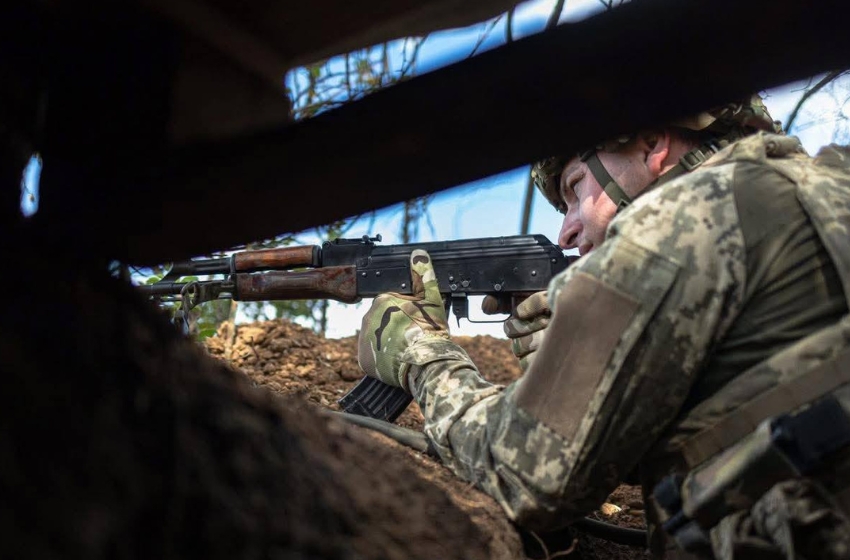The Government is preparing a single reform plan until 2027. It will be a roadmap that combines the initiatives and recommendations of international partners, as well as proposals from the Ukrainian side. This was stated by Prime Minister Denys Shmyhal during the annual autumn meetings of the International Monetary Fund and the World Bank Group.
The Head of Government stressed that Ukraine had demonstrated incredible resilience during Russia’s full-scale aggression and outlined the main factors that had contributed to this.
“The first is reform. Reforms ensure resilience, which is crucial in times of severe shocks. This resilience is relevant for any kind of shock: natural disasters, climate change or financial crisis. That is why we are continuing our comprehensive reforms, with a particular focus on strengthening our institutions, anti-corruption policies and digitalisation,” said Denys Shmyhal.
The second factor, according to the Prime Minister, is international support and cooperation with international financial institutions: World Bank, IMF, EBRD, EIB.
“Thanks to the support of our international partners, we have managed to stabilise the situation. At the same time, the state budget deficit will be around 20% this year. Next year it will be 21% of GDP. To fully cover this budget deficit, we will need to attract external financing of about USD 42 billion,” the Prime Minister said, adding that this will allow the Government to meet its basic social obligations: to pay pensions, salaries to doctors and teachers, and to help those whose homes have been destroyed by Russia.
The third factor is the private sector. According to Denys Shmyhal, even with strong support from partners, Ukraine’s economy remains resilient thanks to domestic revenues.
“Today, we spend all the taxes we collect for security and defence, and it is the private sector that keeps the Ukrainian army going. And when the war is over, we expect the private sector to play a key role in Ukraine’s recovery and reconstruction,” the Prime Minister stressed.
According to Denys Shmyhal, it is the aggressor who must pay for the aggression. Including the cost of rebuilding what it has destroyed. That is why Ukraine is working with the international community to create a universal international compensation mechanism for the confiscation or other use of frozen Russian assets.
The Head of Government thanked for the support provided by partner countries and international financial organisations to Ukraine over the past 19 months of full-scale war: “It has helped us to survive. It helps us defend ourselves. It helps us believe in the future.”





















